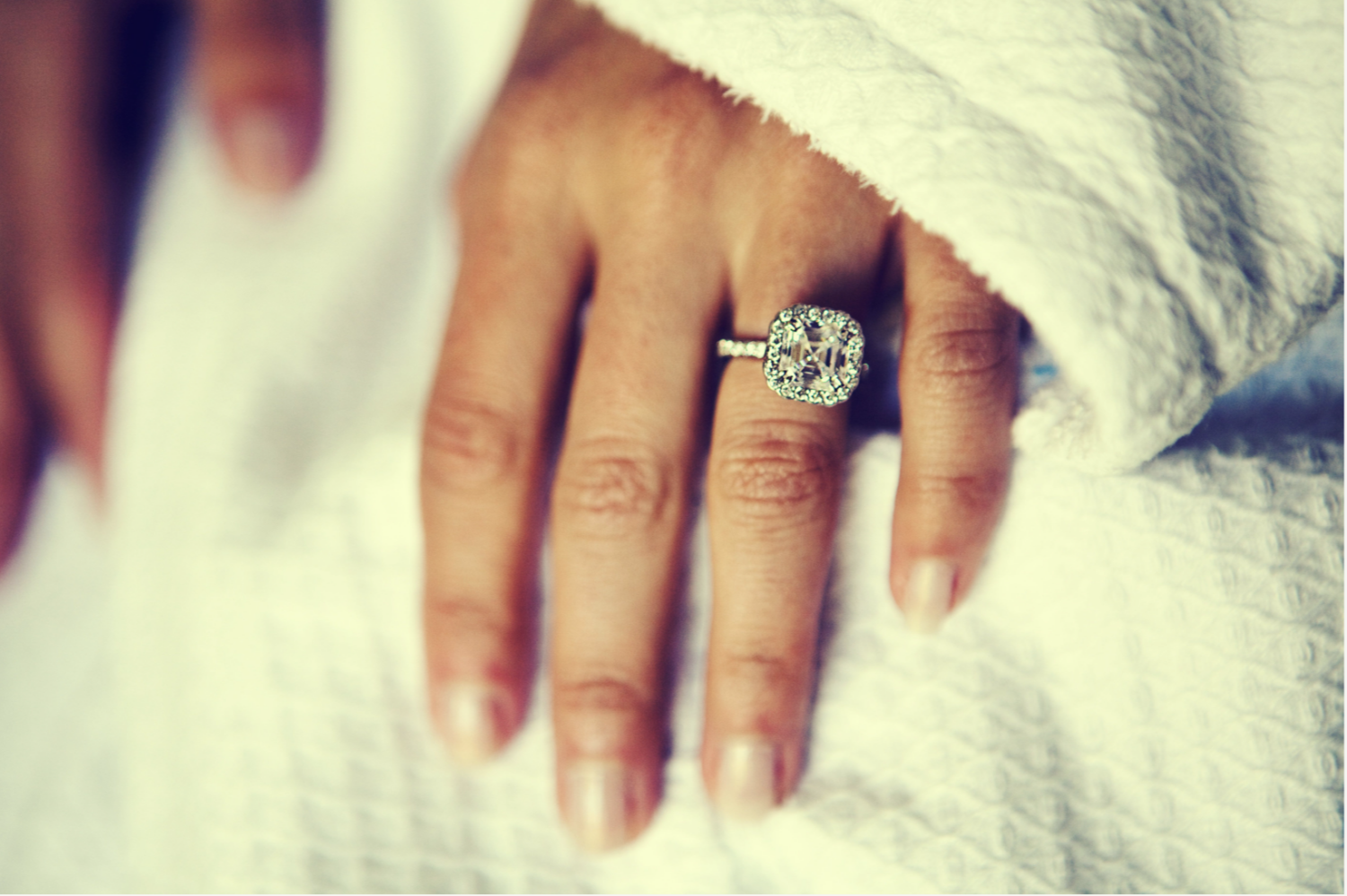When Buying Engagement Rings, Are Alternatives to Diamonds Worth It?

When it comes to choosing the perfect engagement ring, instinct always tends to go towards diamonds. While diamonds are the traditional stone in an engagement ring, we can’t avoid the fact that we’re all far more cost-averse these days, and diamonds can be a very expensive investment. This is why more and more people are looking at alternatives to diamonds when buying engagement rings. But why is this, and what are the best alternatives out there?
Affordability
The fact is that many diamond alternatives are significantly more affordable than natural diamonds, meaning that couples can get larger or higher-quality stones within their budget, which makes it possible to have an eye-catching ring without the hefty price tag associated with diamonds.
For example, moissanite rings offer a more affordable option, as moissanite is primarily lab-created, and this can even generate a more colorful sparkle compared to diamonds. While it’s often about 1/10th the cost of similar size and quality diamonds, it is slightly less hard than diamonds, ranking 9.25 on the Mohs hardness scale (compared to diamonds’ perfect 10).
Ethical Considerations
We’re all becoming a bit more ethical in our mindset, and if you are looking to make a more conscientious choice, lab-grown diamonds and gemstones such as moissanite are alternative options to mined diamonds, and this addresses concerns about environmental impact and human rights issues associated with diamond mining.
Lab-grown diamonds are chemically, physically, and optically identical to mined diamonds but are a far more environmentally friendly and affordable choice. It is essential to ensure any diamond or gemstone is sourced from conflict-free regions, and this is where certifications like the Kimberley Process for diamonds can be an excellent resource. When buying anything, we should always look for companies that provide transparency about their sourcing and support companies that are committed to sustainability, fair trade, and ethical sourcing throughout their operations.
Practicality
Something that is even more important these days, particularly as we are a bit more active in terms of our jobs, more alternative options can provide peace of mind, particularly cheaper ones, as there’s less financial risk if the rings get damaged.
Rings with alternative designs can be meaningful solutions to traditional solitaire diamond rings. For example, minimalist metal bands can be an excellent solution.
Uniqueness and Personalization
If you opt for alternative gemstones, this can allow for more creativity and personalization in the ring design. If you propose to someone who has a unique and vibrant personality, colored stones such as rubies, emeralds, or sapphires can reflect their personal style, or it can hold special meaning for you both.
For example, choosing a ring that features your partner’s birthstone or a combination of both partners’ birthstones adds an amazing personal touch. Diamond rings can be representative of the unattainable and can become a status symbol, but, of course, if diamonds aren’t necessarily your partner’s thing, alternative gemstones and birthstones are an excellent solution. Colored gemstones are increasing in popularity because of their personal significance, but also for their unique colors.
What to Consider When Looking for Alternatives to Diamond Engagement Rings
We’ve touched upon a number of things here, but it’s also worth bearing in mind the following:
- The brilliance and fire, particularly with alternatives to diamonds like moissanite, as many can offer more subdued sparkle.
- Rarity is another thing to bear in mind, because some alternatives may actually be rarer than diamonds, which can make them more special or valuable, particularly if you are wondering how the alternative gemstone may hold its value over time.
- Cultural significance is also worth bearing in mind, especially as in some cultures, certain gemstones are traditionally used for engagement rings. For example, in France, where colored gemstones like emeralds, rubies, or sapphires tend to be preferred over diamonds, and in other countries like Denmark and Finland, simple gold or silver bands are considered traditional and are often without gemstones.
- Alternative gemstones can often allow for larger stones at a lower cost compared to diamonds and some gemstones may also work better with certain setting styles than others.
Is It Worth Buying Alternatives to Diamonds?
Of course, the answer is all about personal preference, but there’s a multitude of factors to consider here. If you are heading off the beaten track and want something different from a diamond engagement ring, you can absolutely find something that’s beautiful, meaningful, and aligns with you and your partner’s preferences. Diamonds are the traditional option, but it doesn’t need to be the case. Sometimes, going different can make a huge difference!
